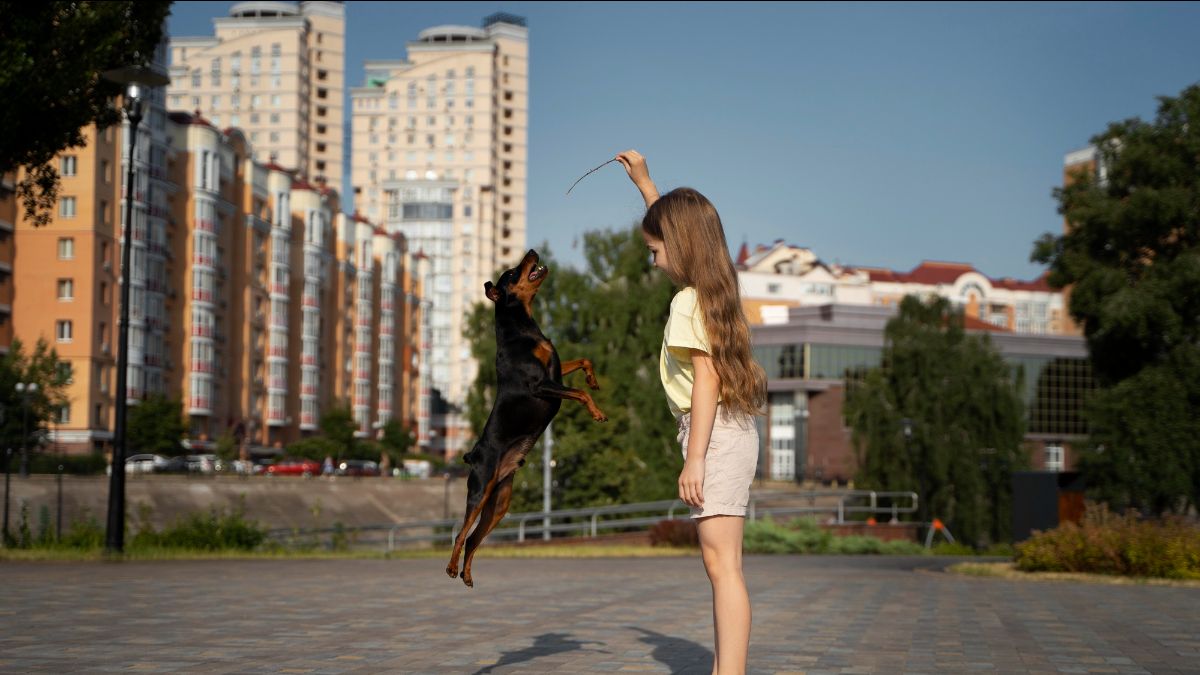Notes from Underground – October 2021
"The greatest of all the stowaways in every heart is mercy herself. And she comes to us from within, calling forth a new humanity - one where everyone belongs, most especially the little ones. "
Greetings,
This all sounds well and good, but somewhere along the way we are bound to stumble. Jesus took great care to warn his disciples about the danger of stumbling blocks. He called them “skandalon.”Skandalon is a word dense with meaning. It is where we get the word “scandal.” It is often translated as “offense” or “stumbling block,” but it also refers to a “trap”, or more specifically, the tripping mechanism of the trap. For example, skandalethron was the stick on which the bait was placed. It’s the thing that triggers the trap.
What’s essential to know about the skandalon is that when we trip over it, we find ourselves trapped in rivalry. It’s hard to escape. This is the great insight of Rene Girard.
Jesus was exquisitely attuned to the skandalon. He knew that whenever we stumble into rivalry that scapegoats are soon to follow, and this means that hell is on the horizon. Scapegoating is a human invention designed to relieve the tension of rivalry. In the end, it leads to what Jesus calls Gehenna, which the Bible translates as hell.
If discipleship were jujitsu, learning to master the relationship between Skandalon and Gehenna is the equivalent of a 10th-degree blackbelt.
I believe this is what Jesus is trying to get across in the 8th and 9th chapters of Mark. These chapters contain the most concentrated use of skandalon. It is a section filled with stumbling blocks. The first stumbling block appears when Peter enters into a rivalry with Jesus in chapter 8. Peter “rebukes” Jesus for predicting his own death. Recognizing the spirit of rivalry in their midst, Jesus says, “Get behind me Satan.” Another stumbling block appears when the disciples enter into rivalry with each other. On the way to Jerusalem, an argument breaks out. The disciples argue about who is the greatest. Instead of shaming them, Jesus welcomes a child into their midst, and invites them to see the value of the least among them. Yet another stumbling block appears when the disciples enter into rivalry with someone who is casting out demons in Jesus’ name, but who is not part of their group. The disciples want Jesus to stop him. Instead of stopping him, Jesus blesses the outsider who acts in his name, saying that if he is not against us (in rivalry with us) then he is for us. In other words, to act without rivalry is to act in God’s name. So, let him be.
It’s in the context of these skandalons that Jesus brings up the nasty business of Gehenna. He does this by using a bit of street theater. As we mentioned, Jesus welcomes a child into the community and gives the child center stage. In effect, he tells the disciples that paying attention to the vulnerable ones is the key to unlocking their rivalries. By receiving the vulnerable ones and putting their wellbeing at the center of our attention, we can unplug from our rivalries, realign our relationships and avoid Gehenna.
Jesus then uses a bit of shock therapy. With society’s most vulnerable member at center stage, he shocks the disciples into seeing the relationship between skandalon and Gehenna.
Using hyperbolic language, he tells the disciples, it’s better to throw themselves into the sea than to cause one of the little ones to stumble and be pulled into our rivalries. Jesus tells the disciples, If your eye causes you to stumble (skandalon), gouge it out. If your hand or foot causes you to stumble (skandalon), cut it off. He says it’s better to be blind or crippled, or lame than to stumble our way into Gehenna (hell), where the little ones suffer the most.
Gehenna was a real place outside of Jerusalem. In fact, it was a continuously burning trash heap where the refuse of society was thrown. It was also the place where child sacrifice was practiced among certain idolatrous sects in ancient Israel. The point is that Gehenna is not an otherworldly place of torment. Gehenna is a this-world reality. It is an ever-present possibility whenever we stumble into rivalry. Scandalon leads to Gehenna, where the vulnerable ones are sacrificed. Whatever else hell is, it is a reality of our own making where the innocent suffer. Jesus is clear on this.
Jesus is trying to awaken the disciples to the skandalons before them. He’s giving them eyes to see the traps they are setting for themselves and others that lead to gehenna. He is trying to help them see the stumbling blocks in their own hearts that have them bumping into each other like drunken rivals, who have lost all sense of direction.
Perhaps I’m overstating things, but it seems to me that the modern world has become a self-generating minefield of skandalons that lead to Gehenna. The traps are everywhere and they are self proliferating. Social media is but one example. But the minefields that trouble me most are not “out there.” They are “in here.” It’s my own experience that the heart itself is the biggest minefield of all, capable of creating an endless supply of skandalons that have us tripping all over the place. It seems to me that this is what the contemplative activist must attend to above all else – the heart. It reminds me of these lines from W.H. Auden.
“Look in your heart,
there lies the answer.
Though the heart,
like a clever conjuror or dancer
deceive us with many a curious slight and motives
like stowaways are found too late.”
It’s my prayer that the stowaway of rivalry in my heart is found before it’s too late. And I pray that among the stowaways is another stowaway – the stowaway of mercy, waiting and wanting to be found, undoing from within all the rivalrous traps we set for ourselves and others.
And so we stumble forward – not into the burning fires of sacrifice, but into the welcoming arms of mercy, that quenches those fires. And this is what the contemplative activist knows. They know that the greatest of all the stowaways in every heart is mercy herself. And she comes to us from within, calling forth a new humanity – one where everyone belongs, most especially the little ones.
“Look in your heart, there lies the answer.”
Much Peace,
Kris
P.S. I encourage us to set aside some time to read chapters 8 and 9 of Mark and see these themes unfold. The stumbling blocks are everywhere. And so is mercy, if we can only see it.



